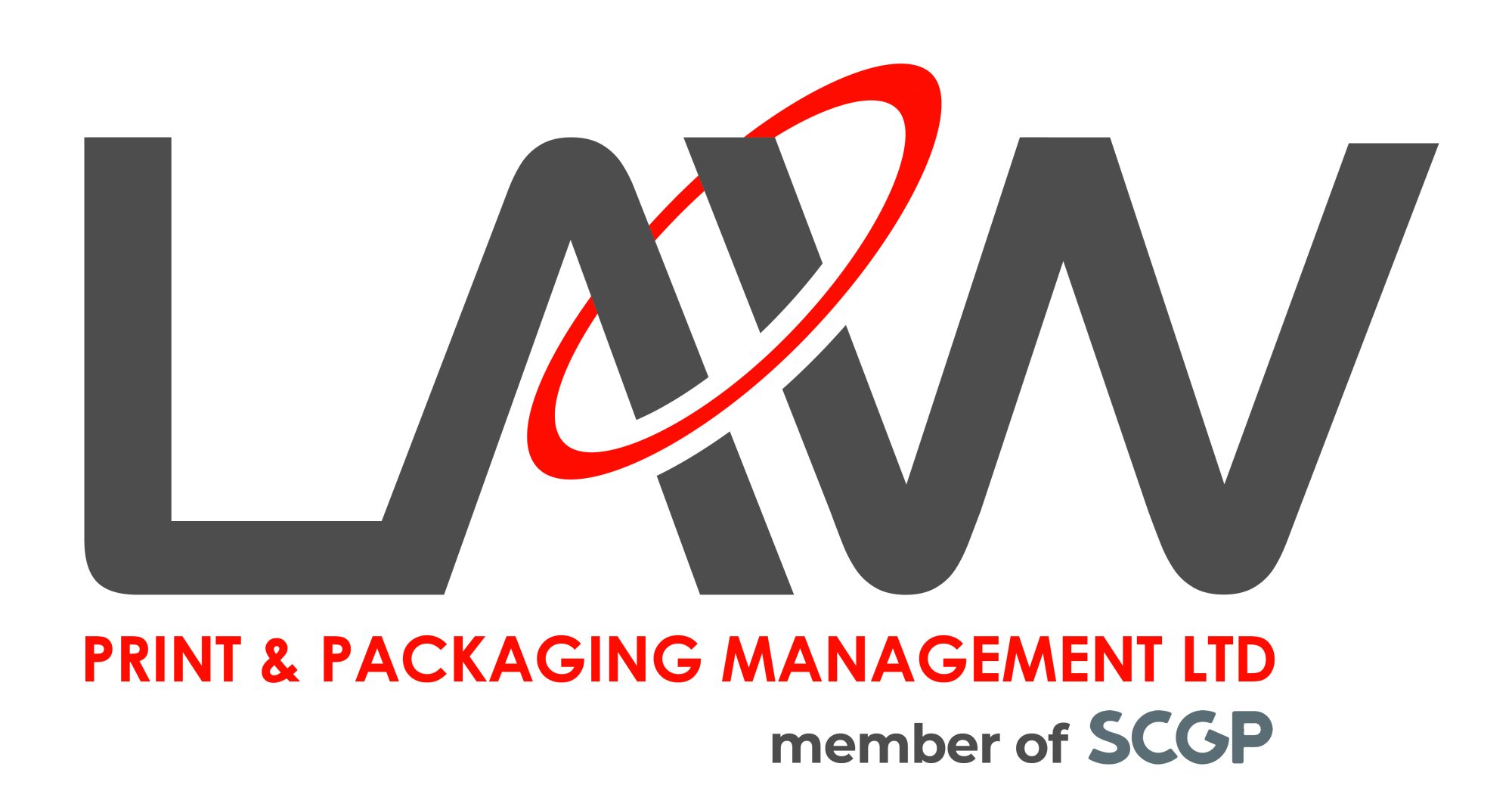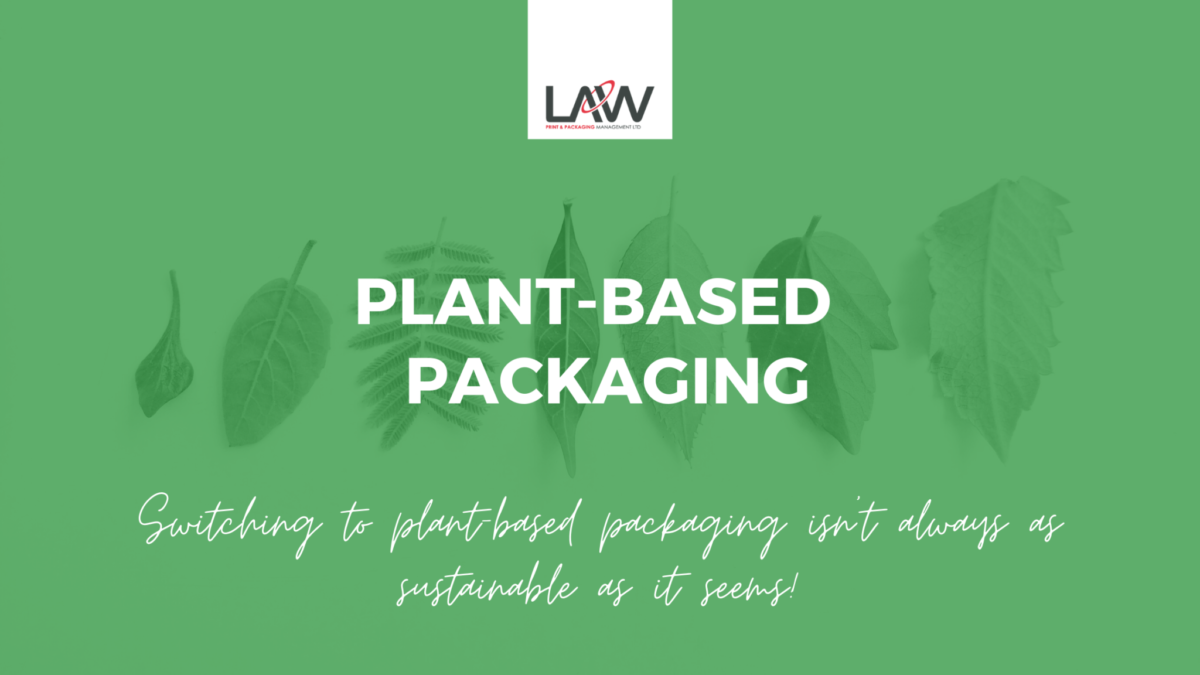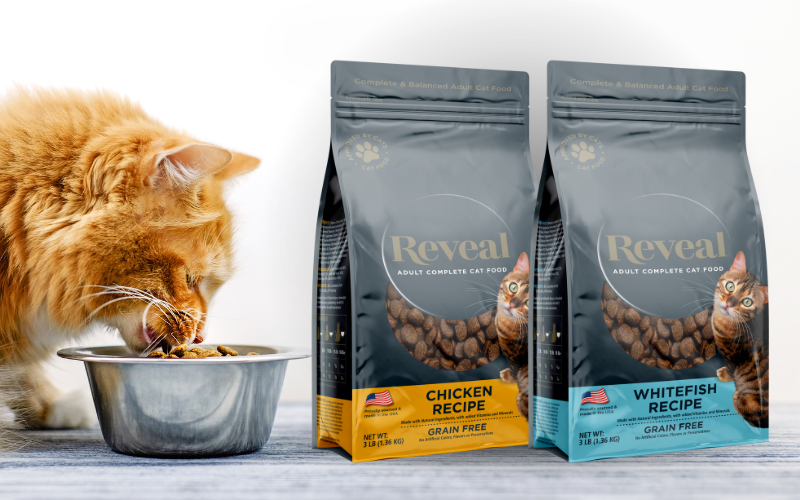Going plant-based is a growing trend amongst eco- and health-conscious consumers. It is not so much a diet as it is a general approach to eating. But also a lifestyle that seems to have transitioned across to packaging, in the race to sustainability and greener solutions.
Whilst some obvious benefits spring to mind when switching over to plant-based food and items. There are some startling facts you may need to be aware of before diving in, especially when it comes to bio and compostable packaging.
What is plant-based packaging?
They’re bags with a type of plastic made from renewable biological sources, as opposed to traditional plastics, which are made from fossil fuels. The bio-bases can run from vegetable oils to corn starches to food crops.
Bioplastics are often used to laminate paper bags and protect their content. PLA, corn starch, and potato-derived films are most common in the manufacture of pet food and other food packaging.
The reality of plant-based packaging
You may wonder what harm bioplastics and compostable packaging could do to the environment. Surely they’re the perfect resource?
This is more than a simple switch. The straightforward act of swapping a plastic bag for a so-called greener option is a complex systemic adjustment with far-reaching impact. Bioplastics can be broadly viewed in two categories: durable and biodegradable. Both are produced from plant-based raw materials that are often perceived as more sustainable than fossil fuels, but there are key differences.
Durable bioplastics have been developed as an alternative to traditional PET bottles, such as fizzy drink packaging. These are manufactured from 30% plant-based ethanol. Durable bioplastics don’t decompose, but they can be recycled with regular PET containers.
Biodegradable bioplastics are unsuitable for recycling and are instead designed to break down completely. This is unlike the vast majority of existing petroleum-based plastics. They will break down into smaller and smaller pieces, microplastics, but will never decompose or be absorbed by the environment. The unique nature of biodegradable bioplastics is attracting great attention.
In most cases, biodegradable bioplastics are designed to break down along with food waste. But only under high-temperature industrial composting conditions. And herein lies the challenge for waste and recycling operators.
It is a sad truth that the rapid movement away from single-use plastics does not align with the current operational reality of the UK waste and recycling industry, or in most other countries, for that matter.
Is paper packaging truly sustainable?
Most would argue that paper bags are the most sustainable packaging solution. This is because paper comes from trees, and trees are a renewable resource.
Not all paper packaging is always made of paper only, though. It would be true for some product applications such as flour, sugar, rice or pasta. However, most products require a certain level of barrier properties to protect the bags from fat, oxygen or moisture, to name a few factors.
Pet food packaging is a great example, as not only does it need to be fat resistant (think chicken or salmon variants), but it also needs to offer an extended shelf life of minimum 18 months to meet both the retailers’ and consumers’ expectations.
Most pet food bags will have an inner layer of plastic (often PE or PP) or bioplastic (like PLA, corn starch or potato-derived film) to provide the above barrier requirements but also make the bags heat-sealable after packing.
It is therefore not ALL paper but mostly made of paper, with current OPRL (On Pack Recycling Label) guidelines in the UK stating that a paper bag with up to 15% plastic content is deemed recyclable. However, this will soon change when the Plastic Tax is implemented in 2022. This requirement goes down to 5%, making it a more challenging target.
What’s the best option for your business?
At Law Print, we always listen to the wishes of our customers and specify the best packaging for their needs. If you want to reach certain sustainability goals but are thinking of using plant-based packaging. This can be achieved in a much better way for your product applications. You can do this by keeping within the realms of PE/PE or BOPP/PP mono material packaging.
We’ve worked with a few pet food companies that are venturing into an alternative-based food arena, such as Yora with their innovative insect-based pet food. Sustainability is extremely important to the brand ethos, which is why our PE/PE recyclable flat bottom and quad seal bags were chosen for this project.
With the new OPRL initiative, now including PP material, coming into effect on 1st January 2022, it’s actually a great time to invest in sustainable plastic packaging.
If your brand is looking to invest in quality packaging, we will guide you through the entire print process. Providing recommendations along the way to improve efficiency, reduce costs and add untold value to the end product.
Contact us on +44 (0) 161 440 7302 or follow this link to complete our contact form.
CASE STUDIES | CONTACT US | SOCIAL MEDIA | NEWSLETTER



